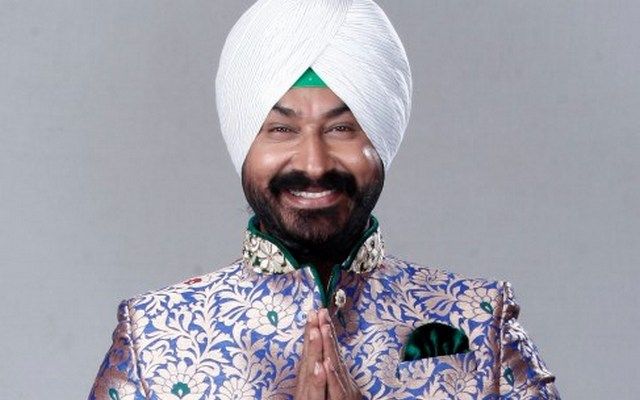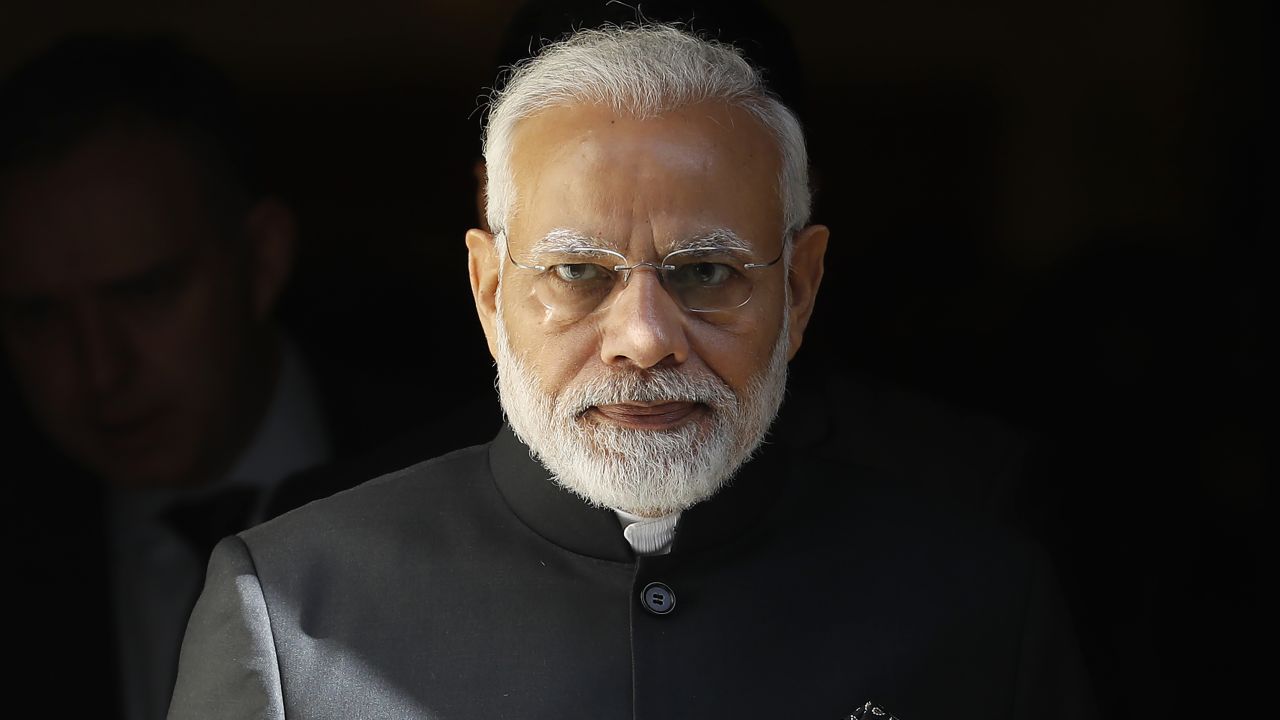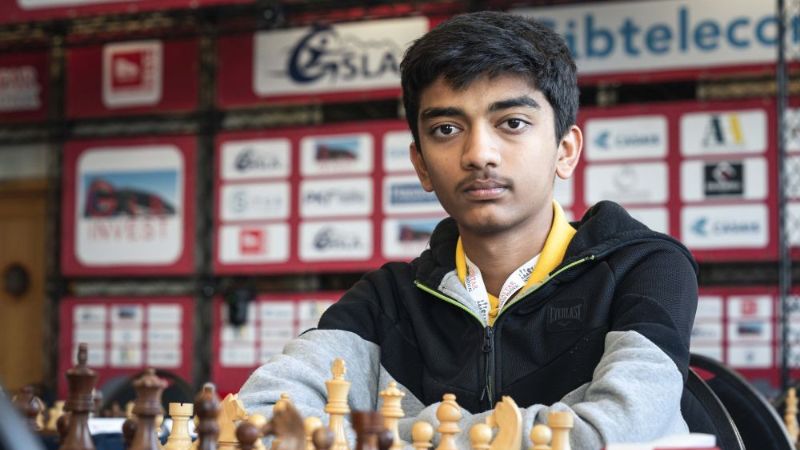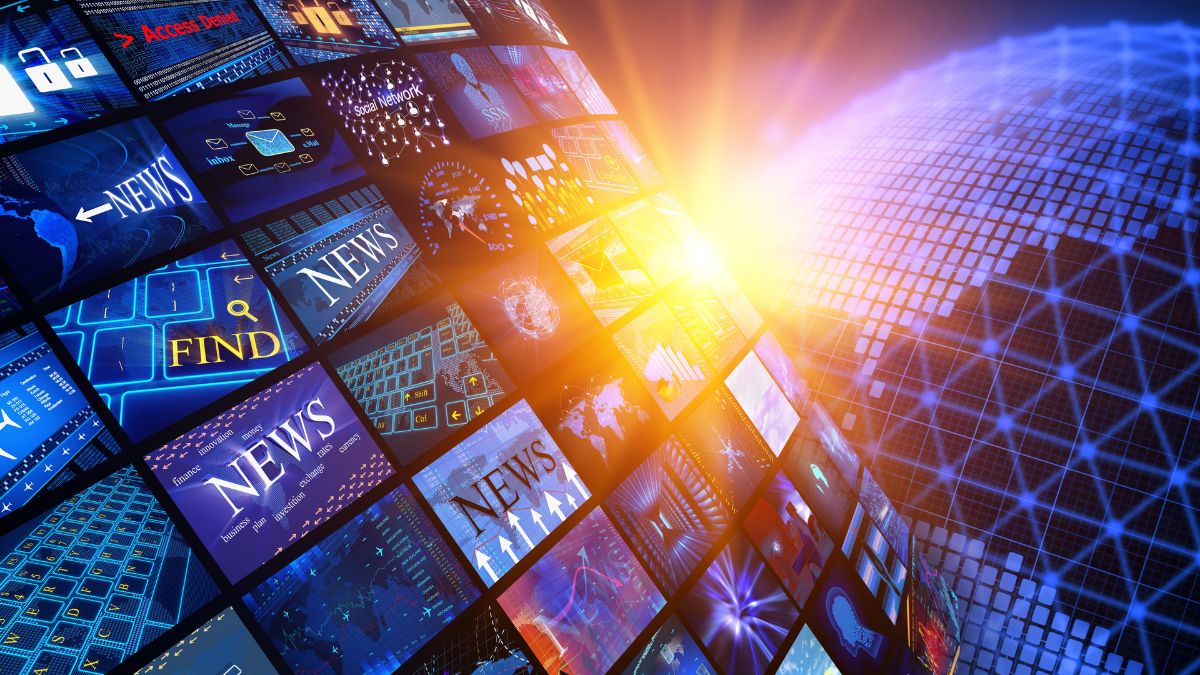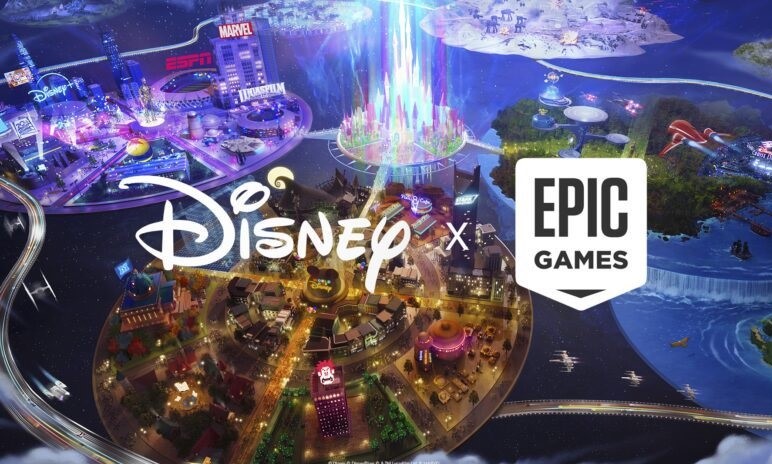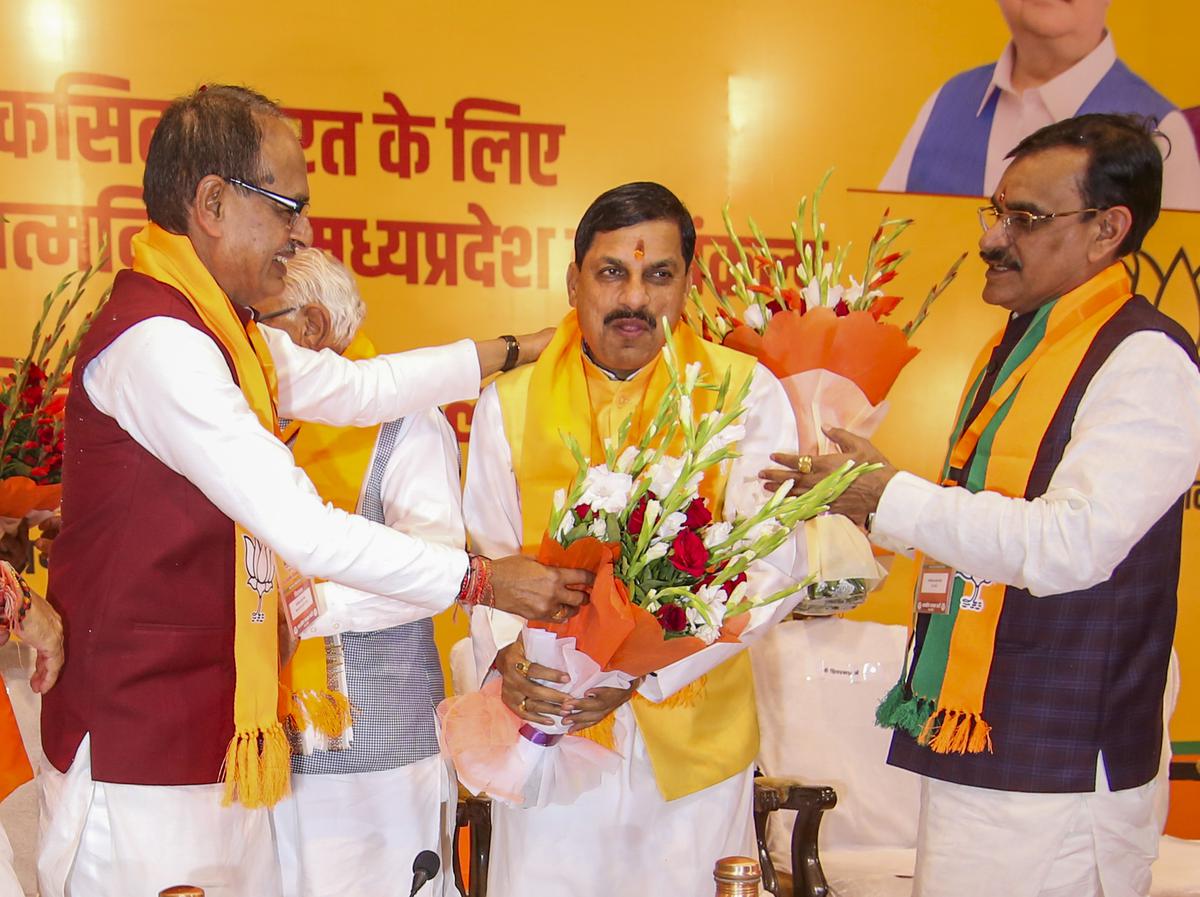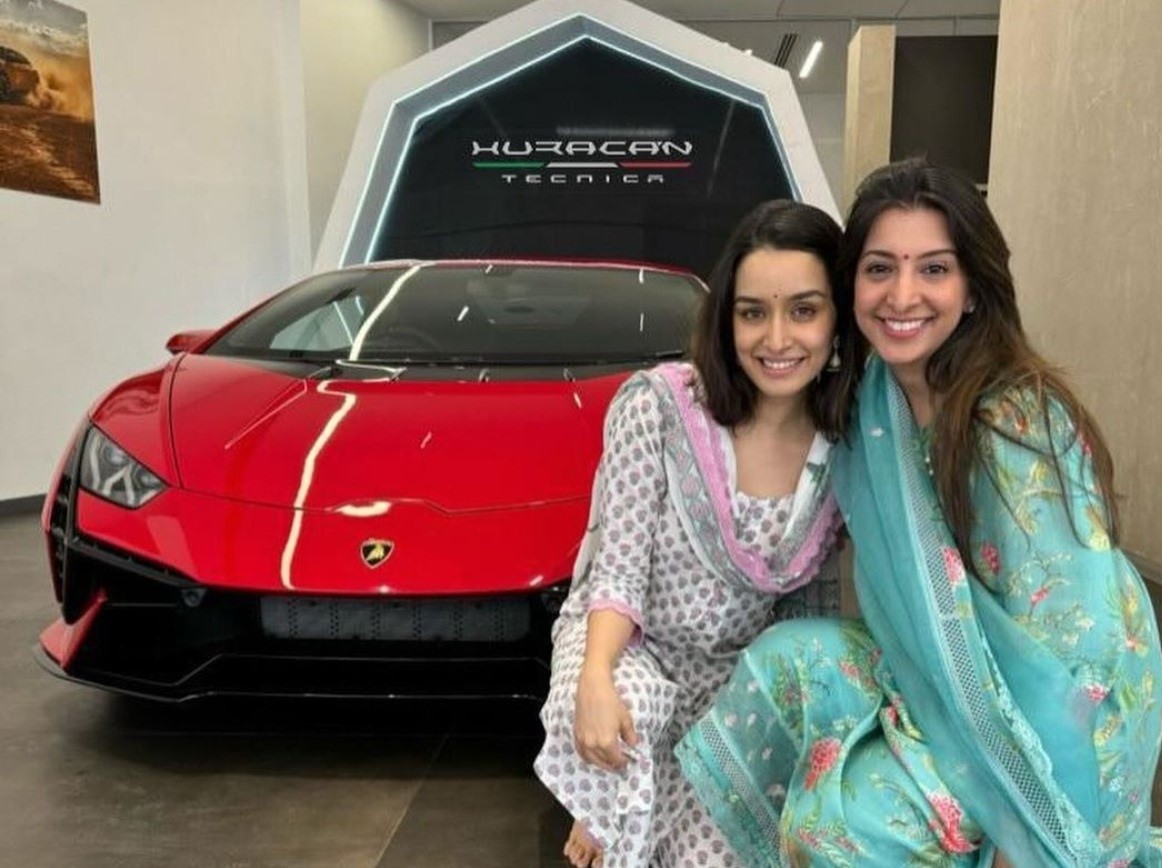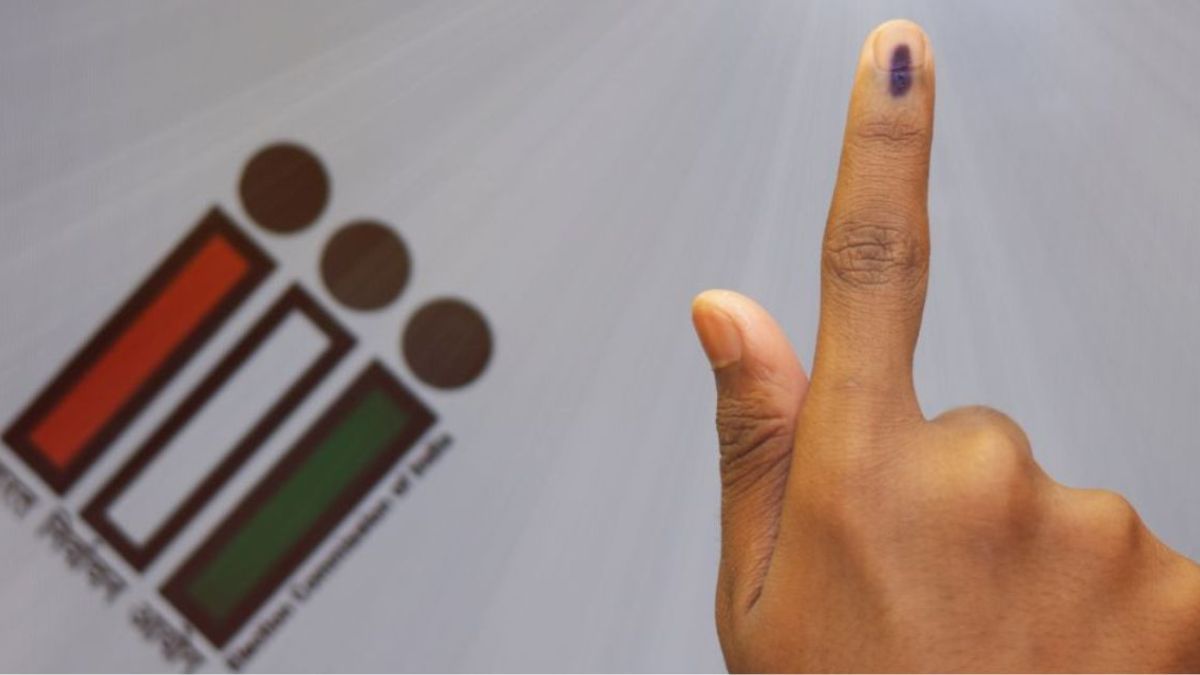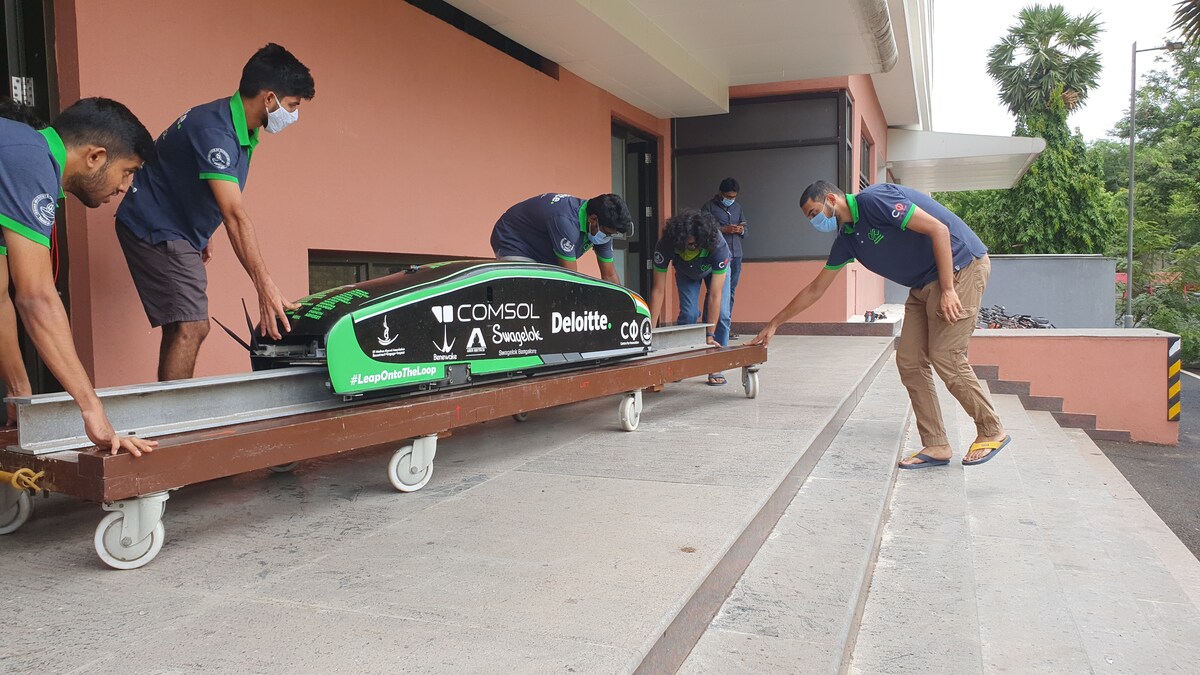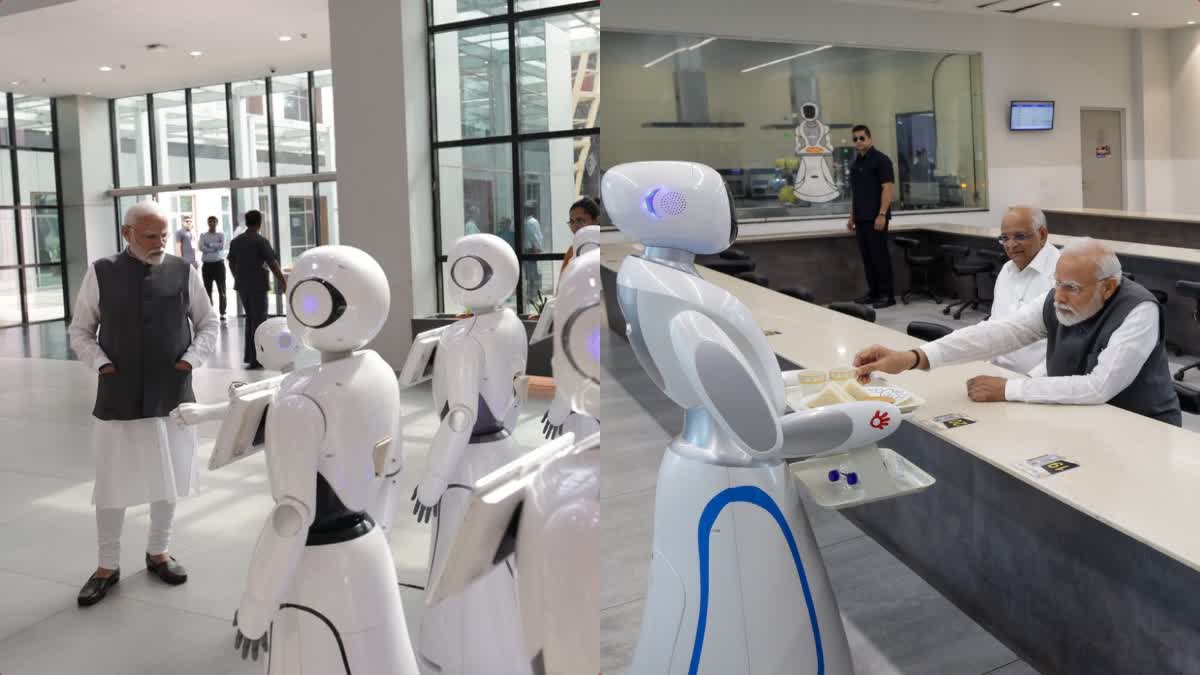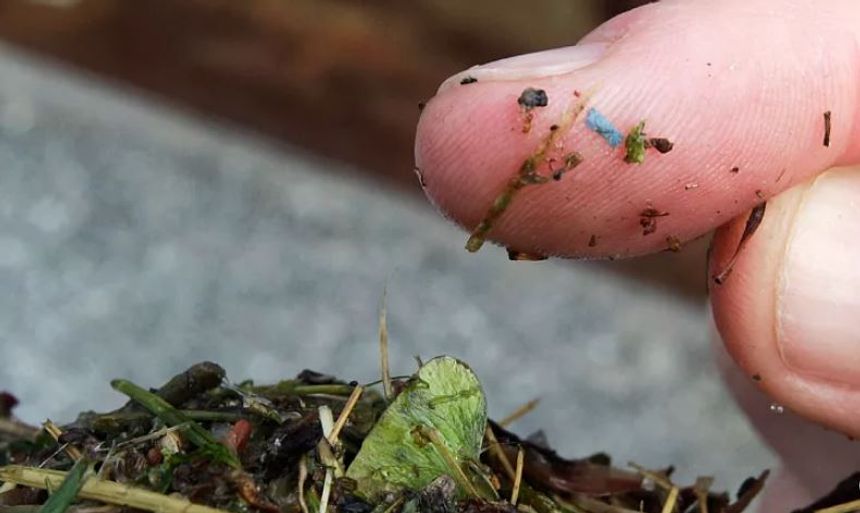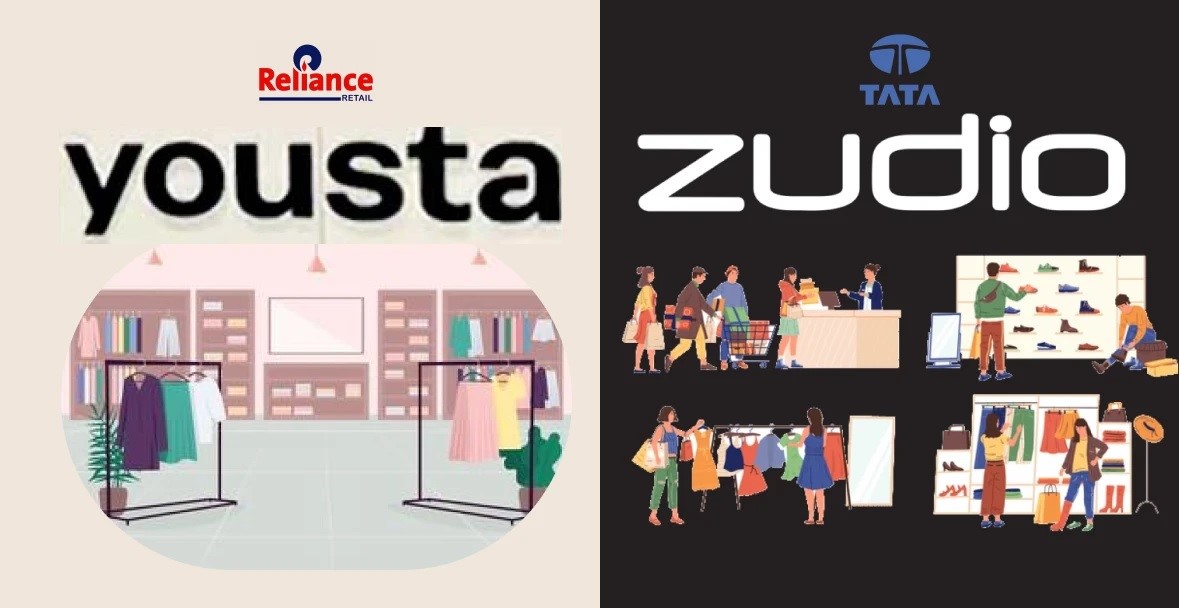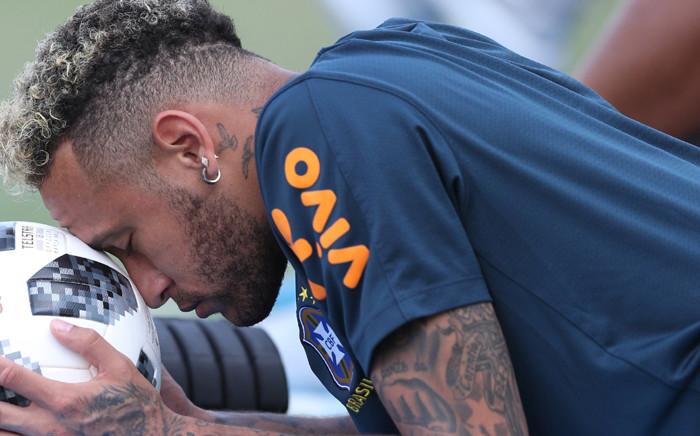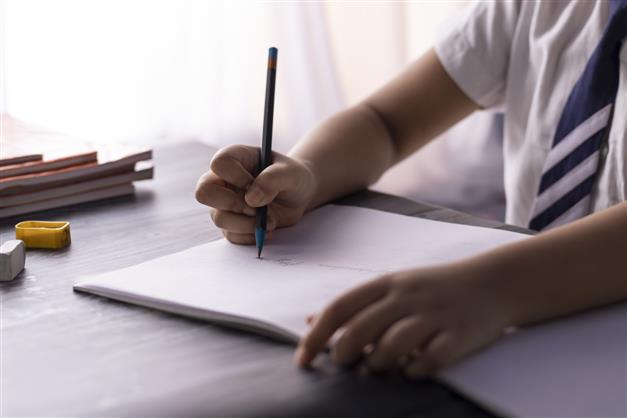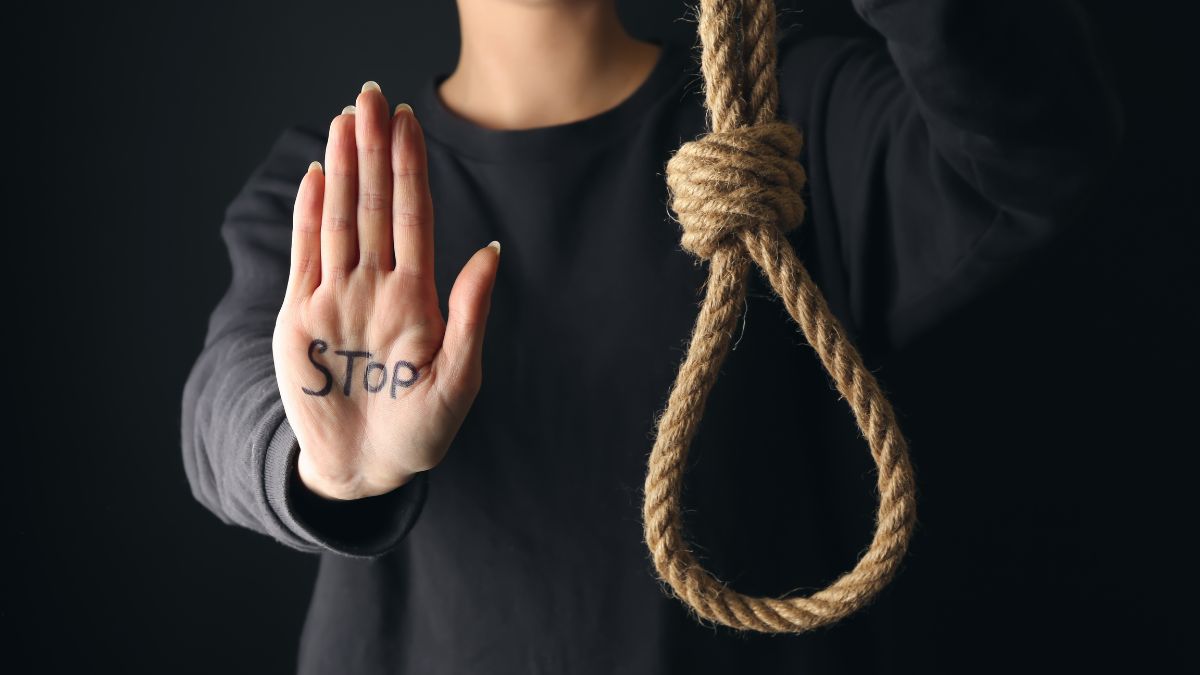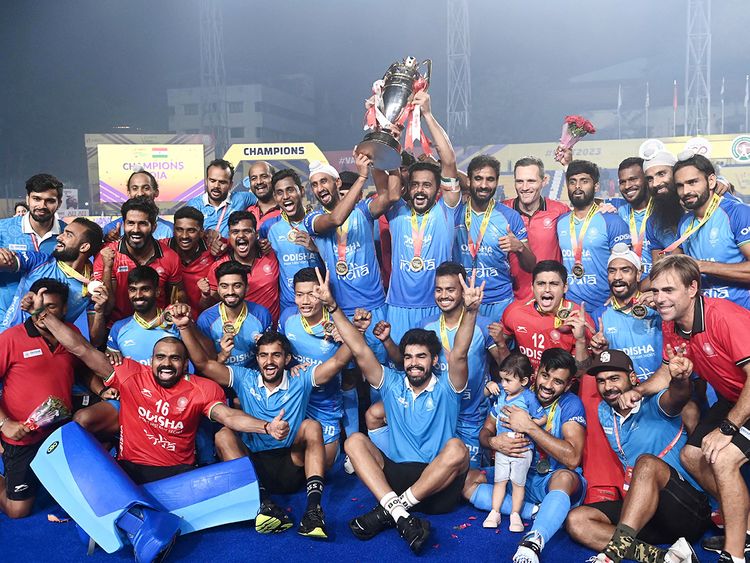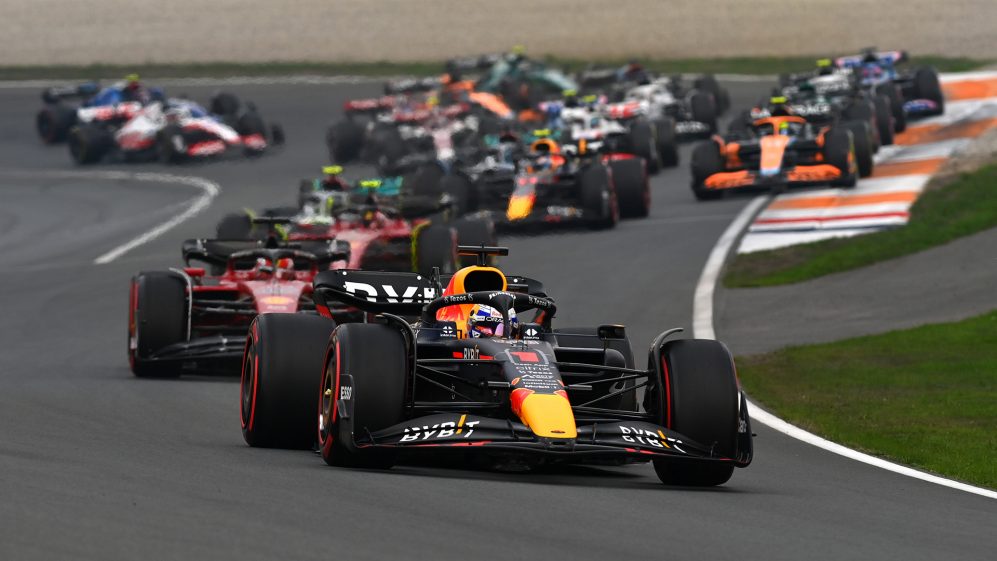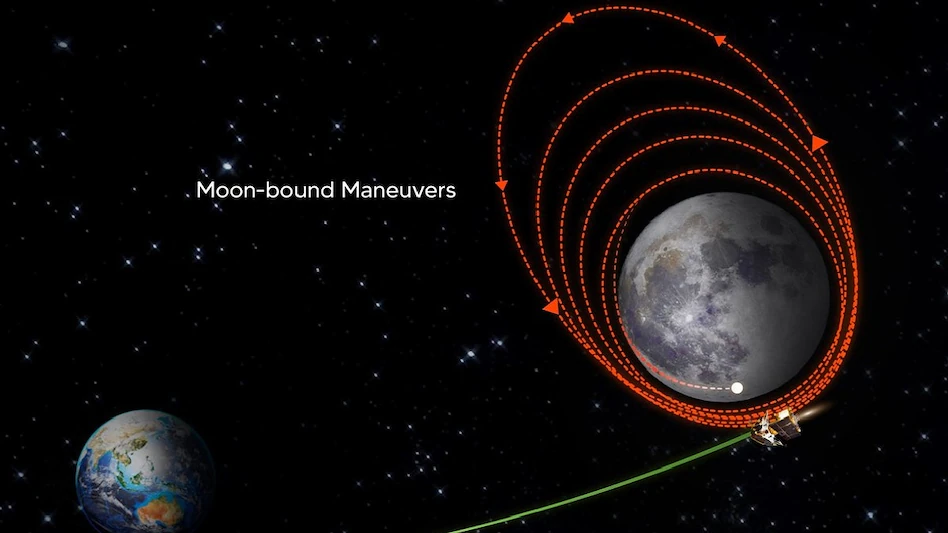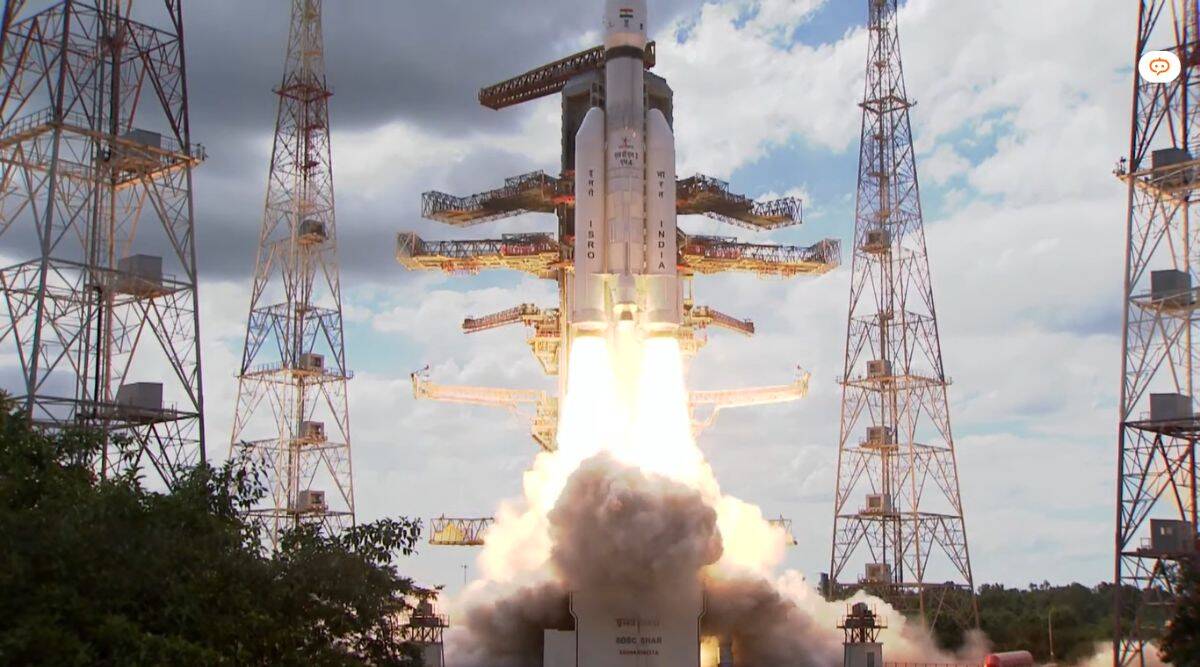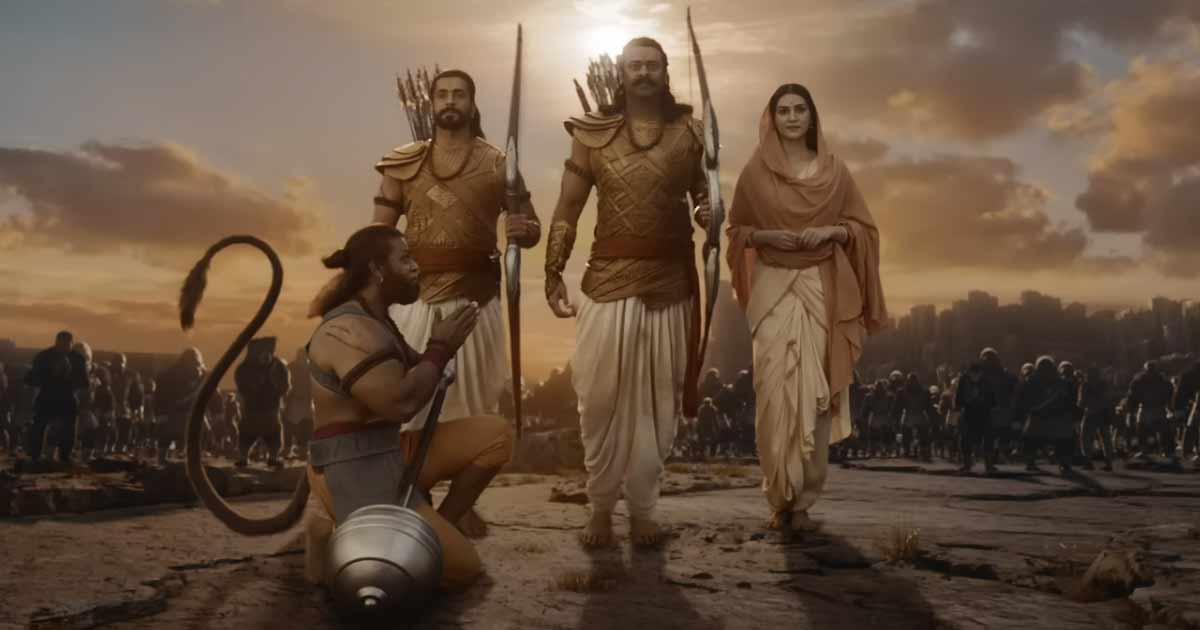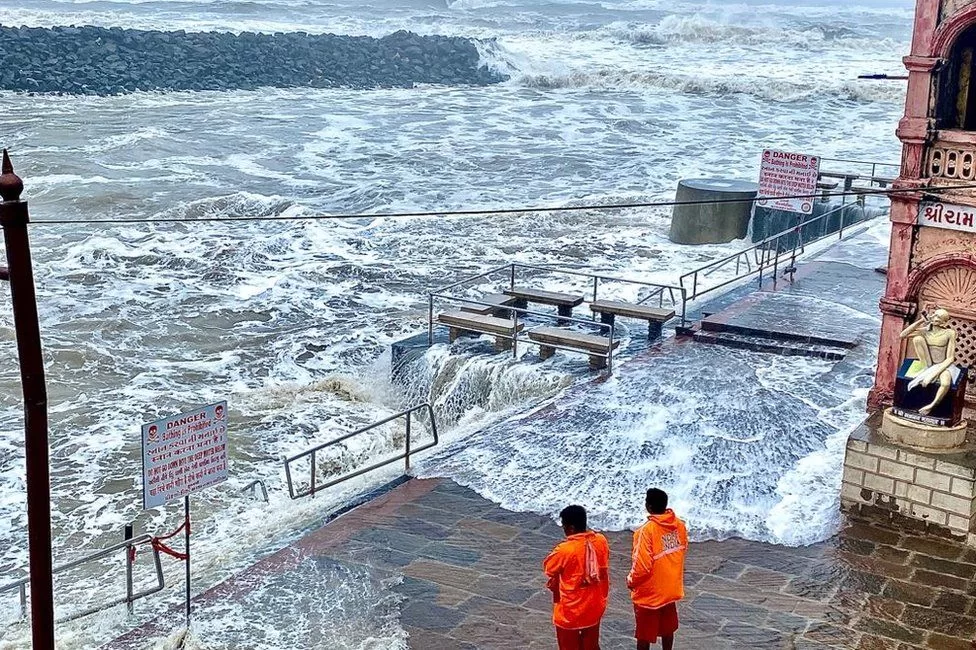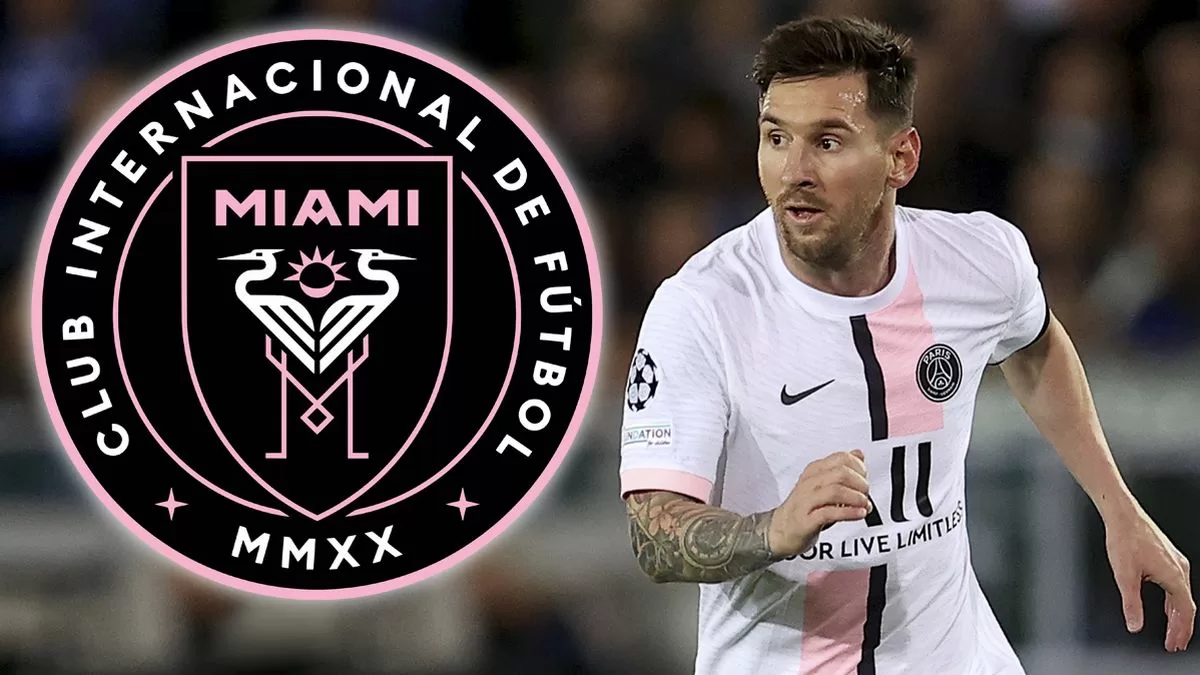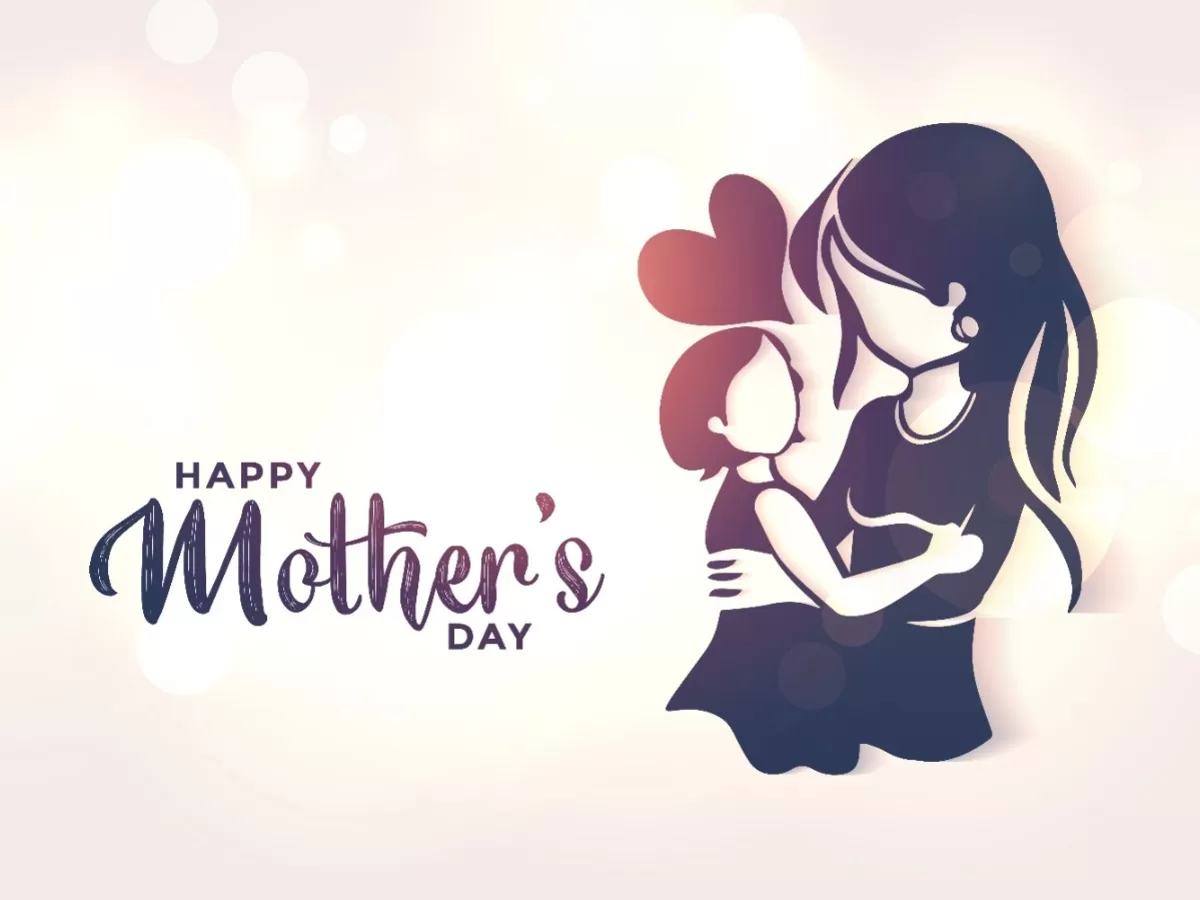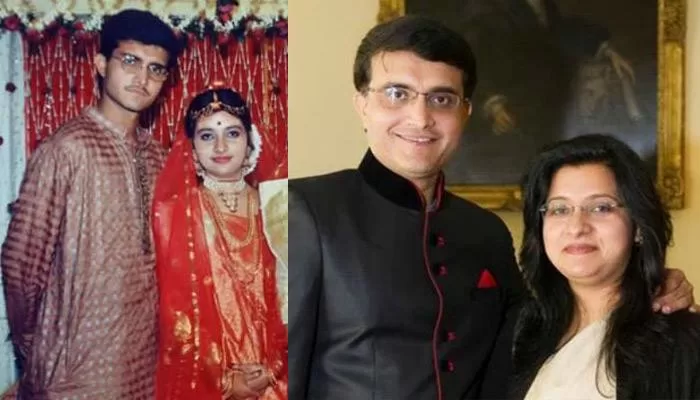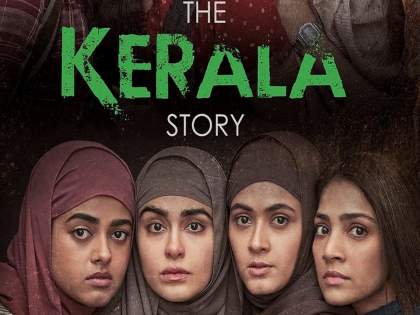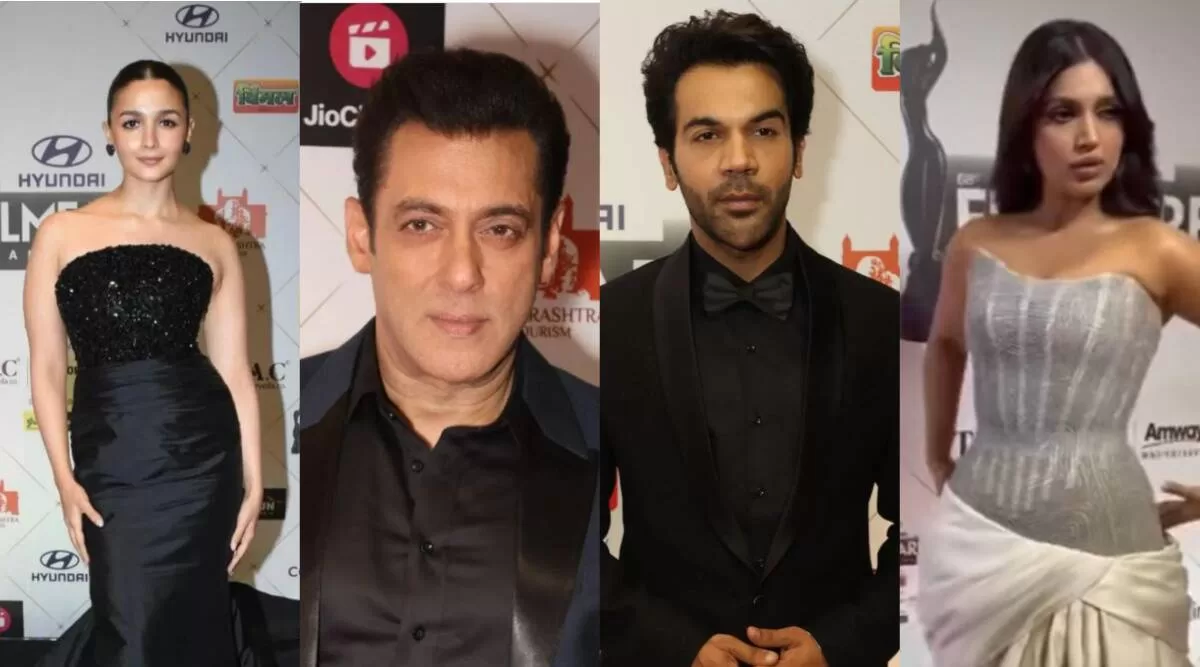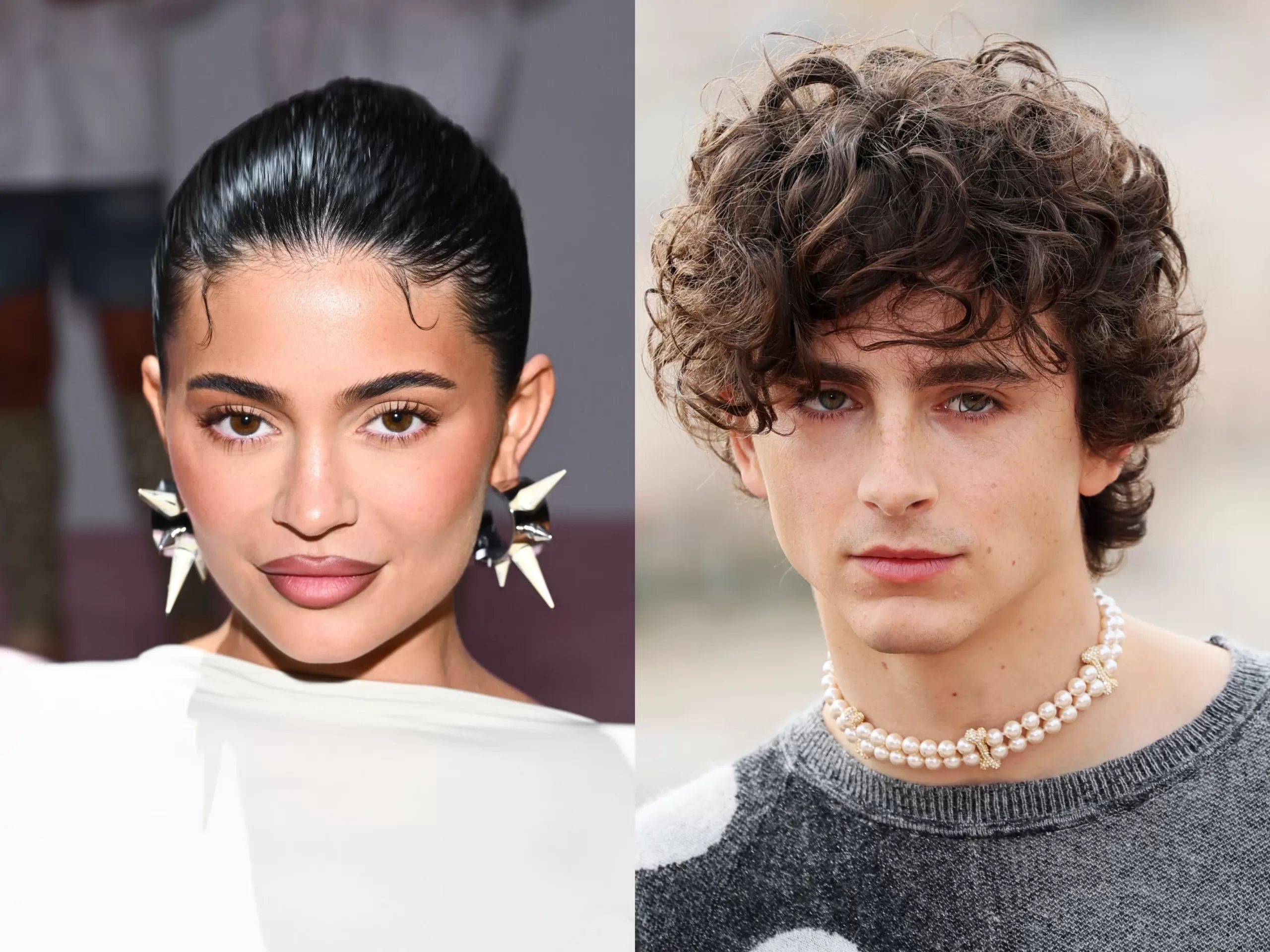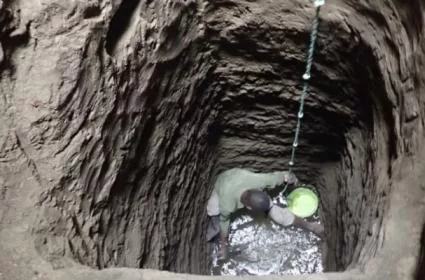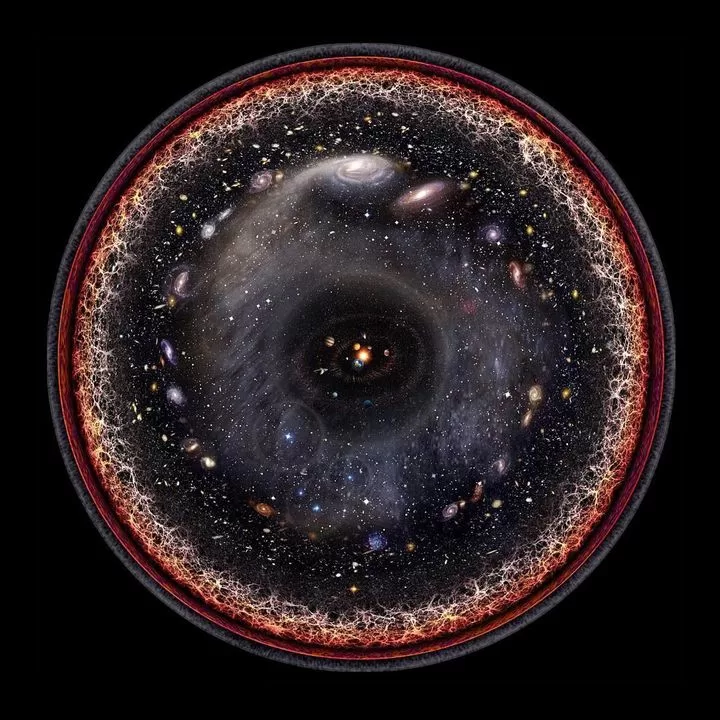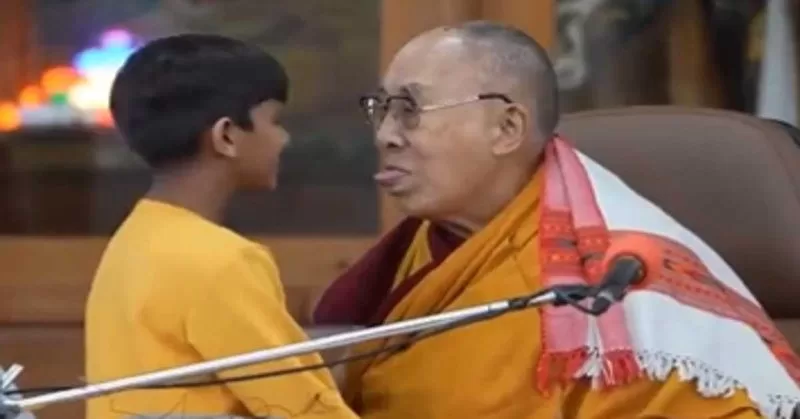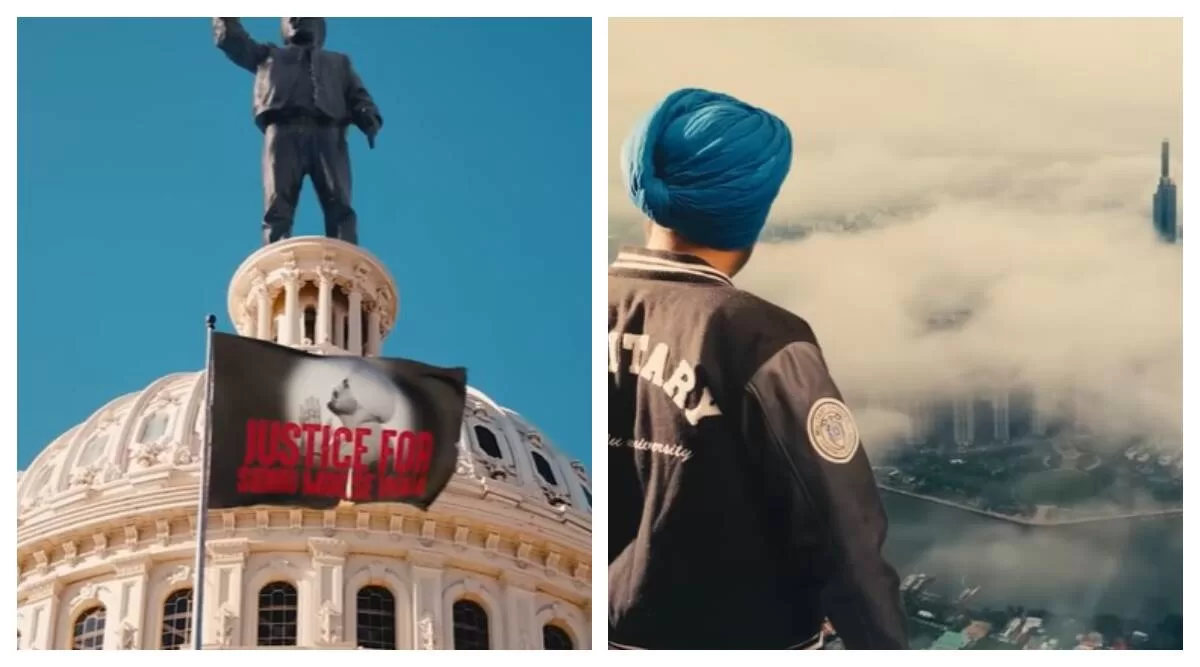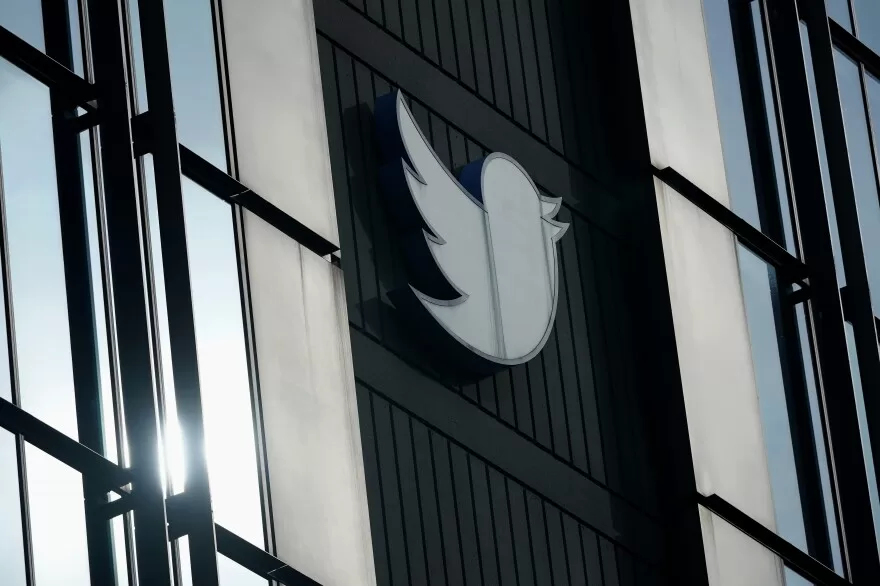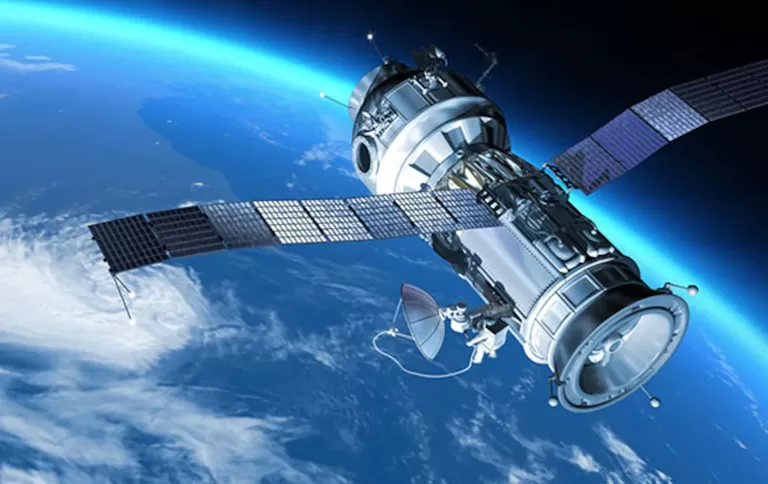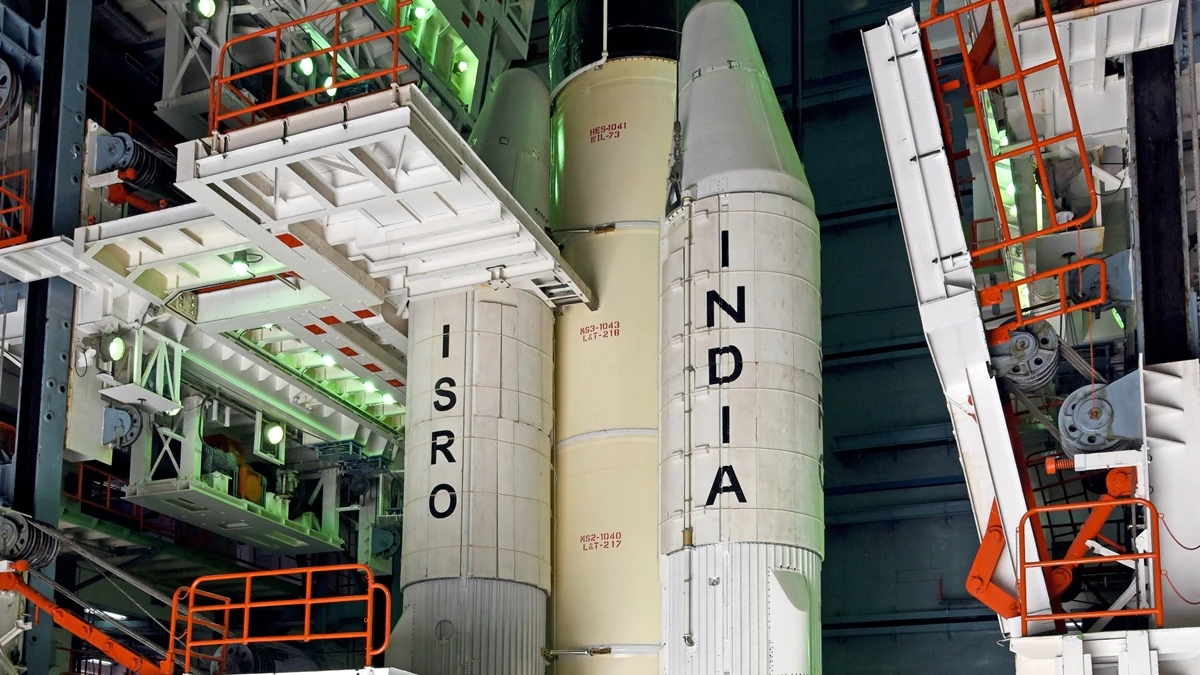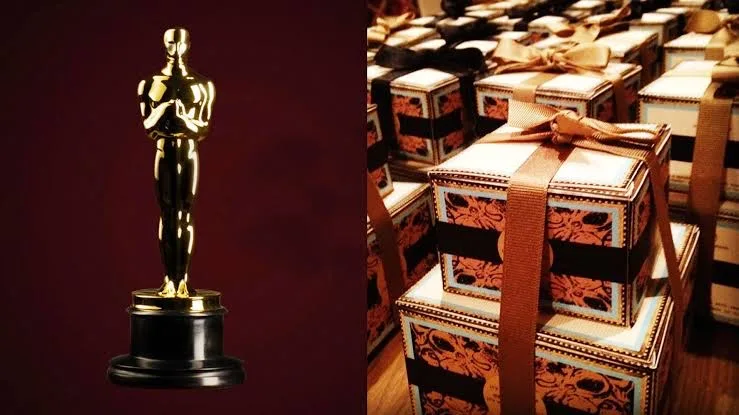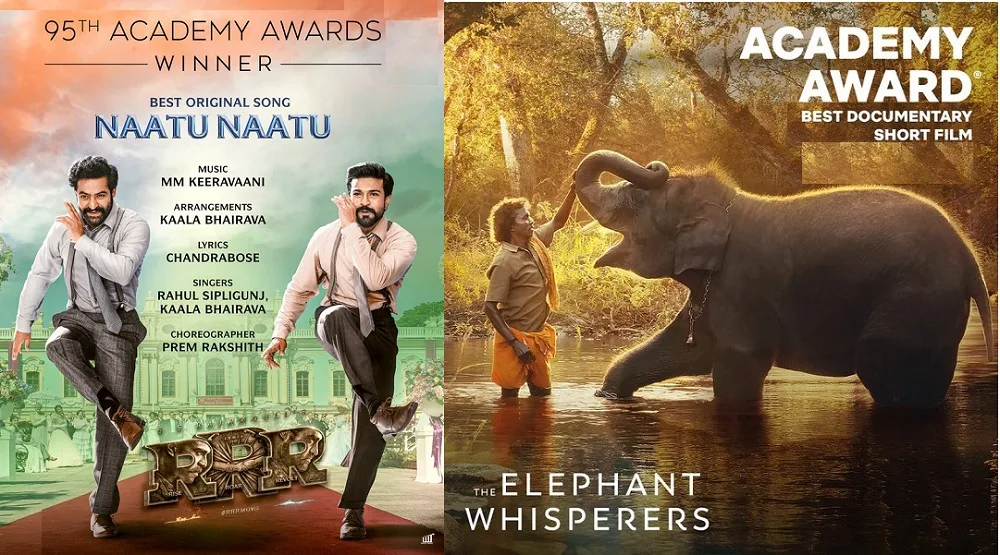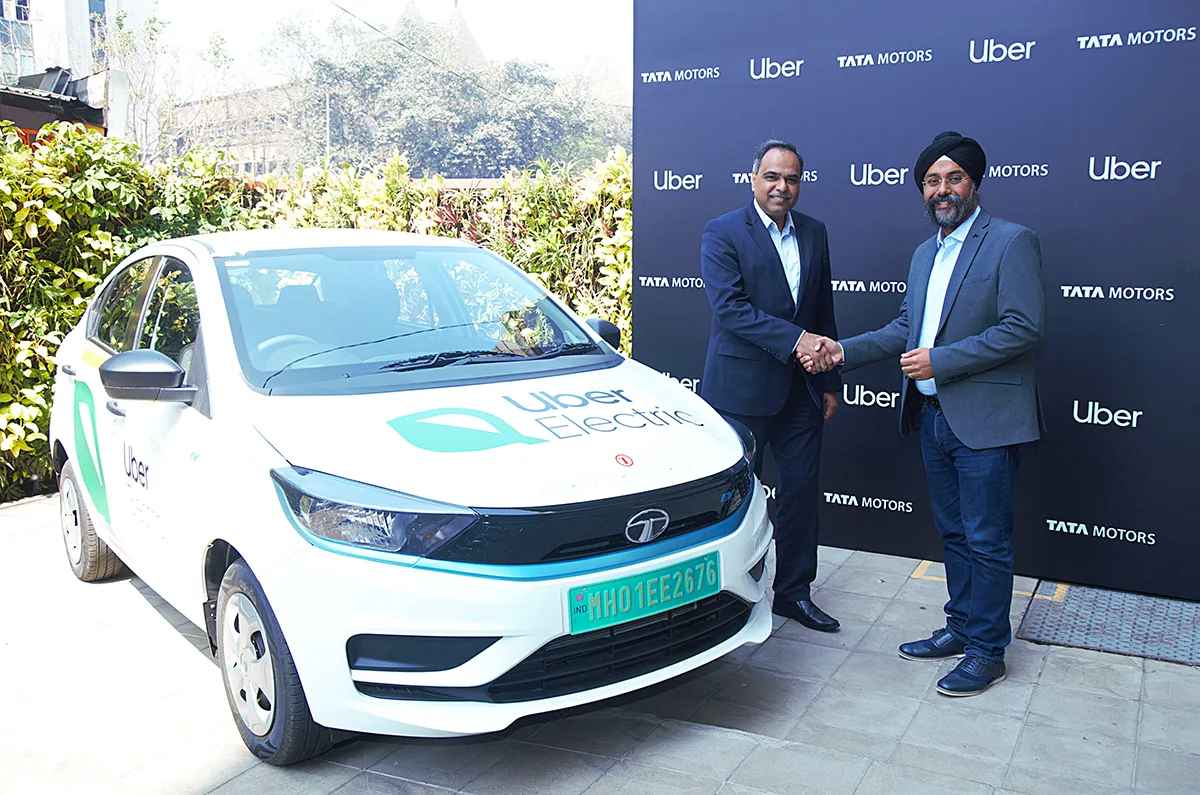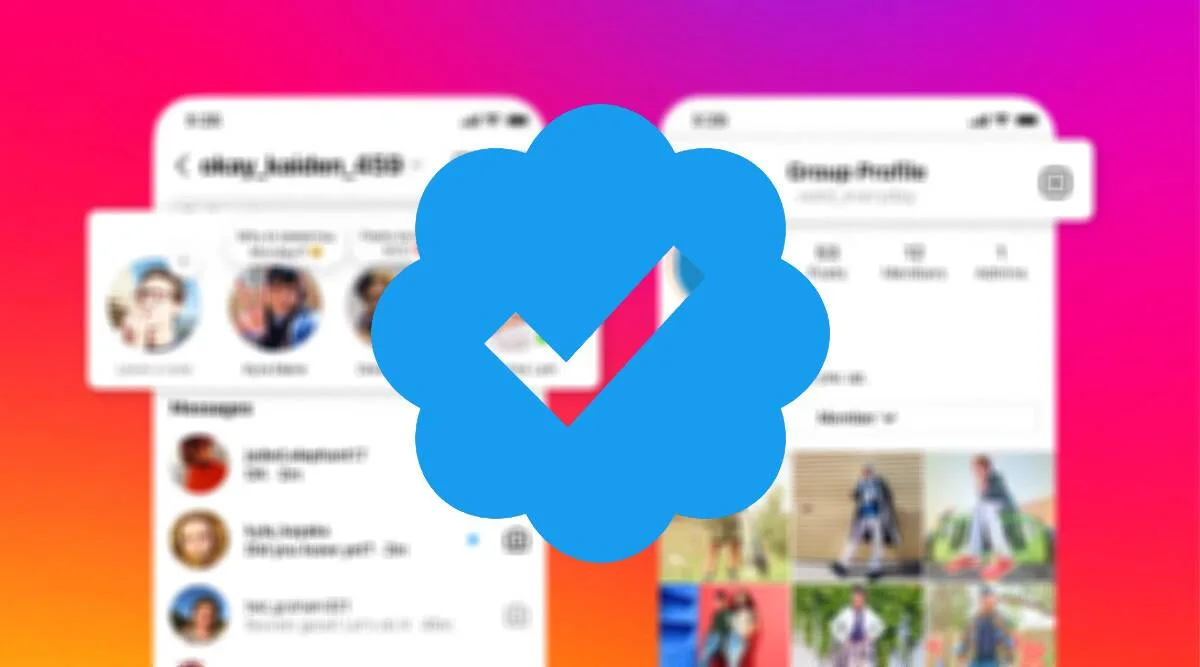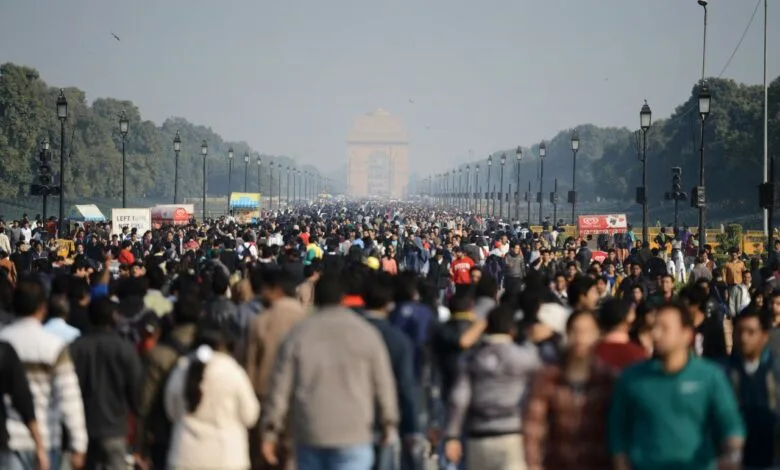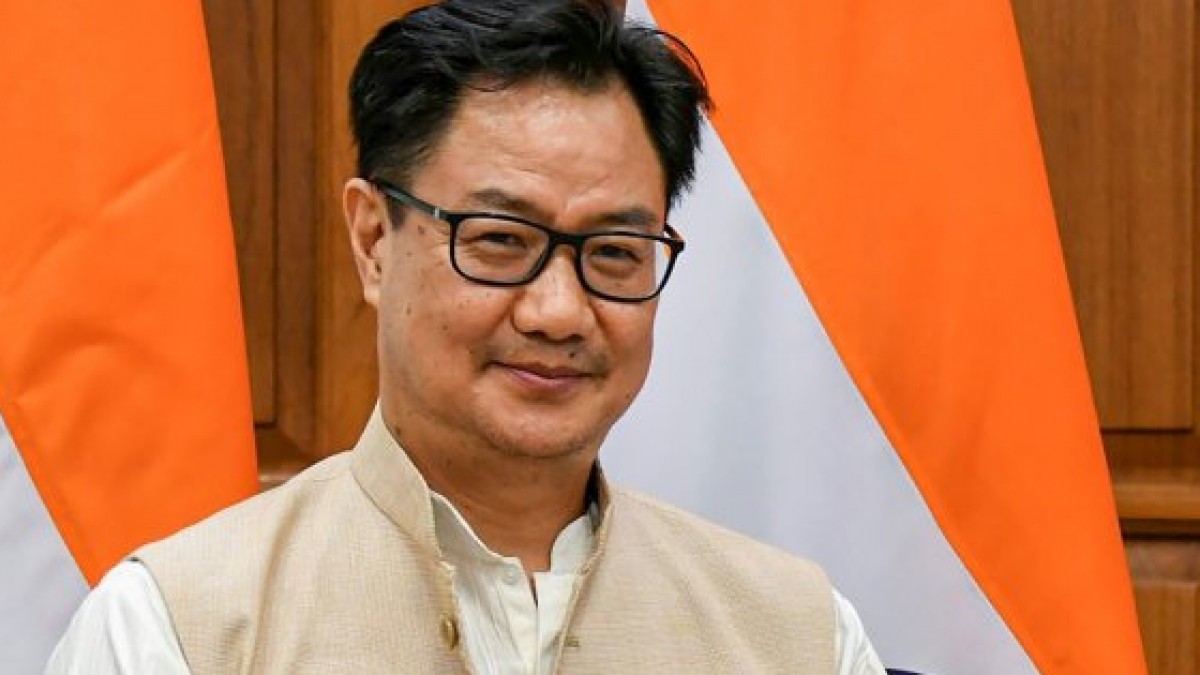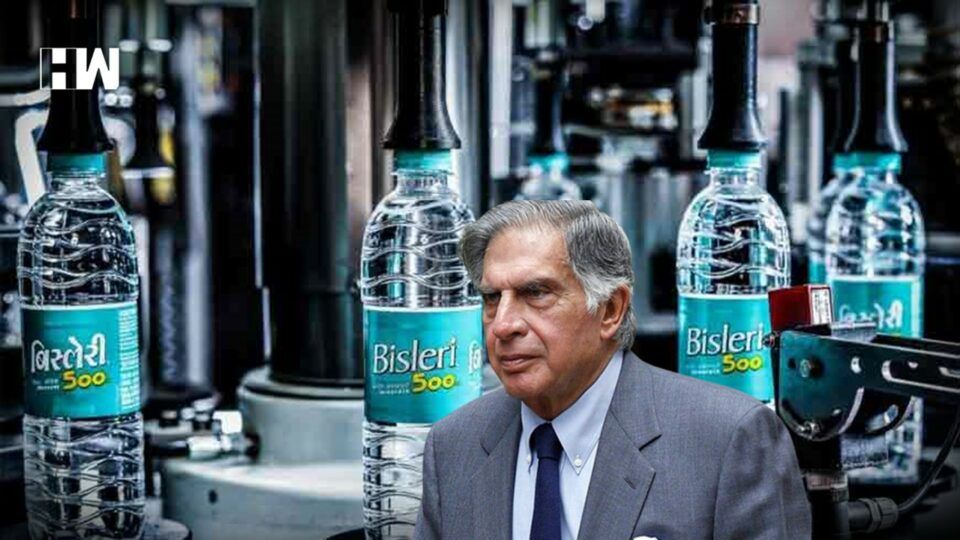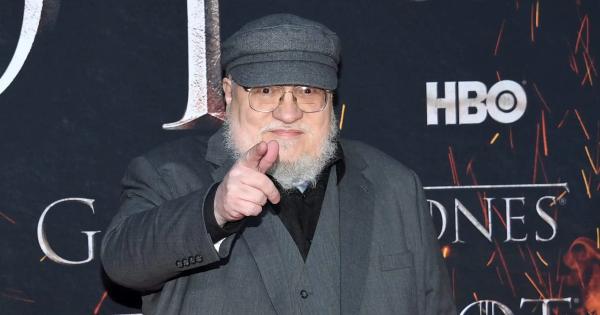
The most recent attempt by well-known authors to file a lawsuit against OpenAI for allegedly breaching their copyrights is this one.
This week, a lawsuit was brought by a number of well-known authors, including George R.R. Martin, the creator of the acclaimed Game of Thrones book series.
The writers claim that OpenAI violated their copyrights by using their works to train its AI systems without their consent. The Authors Guild filed the complaint, which names 17 different authors as plaintiffs.
The plaintiffs requested that the lawsuit be recognized as a class action lawsuit when they filed it in the Southern District of New York.
A class action lawsuit is a particular kind of litigation in which a number of parties with related legal claims join forces to bring one case against the defendant.
A plaintiff is a person or entity who brings a legal claim against another individual or entity.The party who files the case and requests a remedy from the court is known as the plaintiff.
Claims of Copyright Violations
The writers charge OpenAI with “flagrant and willful infringements” of their copyrights in court documents. They claim that OpenAI improperly processed and copied their works in order to train its ChatGPT chatbot and other natural language AI systems.
The authors believe that their intellectual property rights are being violated. The complaint contends that authors need to have control over whether and how their works are used, particularly when they are being used for profit.
In the lawsuit, the Authors Guild claims that OpenAI “copied Plaintiffs’ works wholesale, without permission or consideration… then fed Plaintiffs’ copyrighted works into their large language models, or “LLMs,” algorithms designed to output human-looking text responses to users’ prompts and queries.” The lawsuit was filed in Manhattan federal court on Tuesday.
The authors raise concern about how the huge language models developed by OpenAI might affect the pay of fiction writers. They claim that writers of fiction depend on getting paid for the unique works they produce.
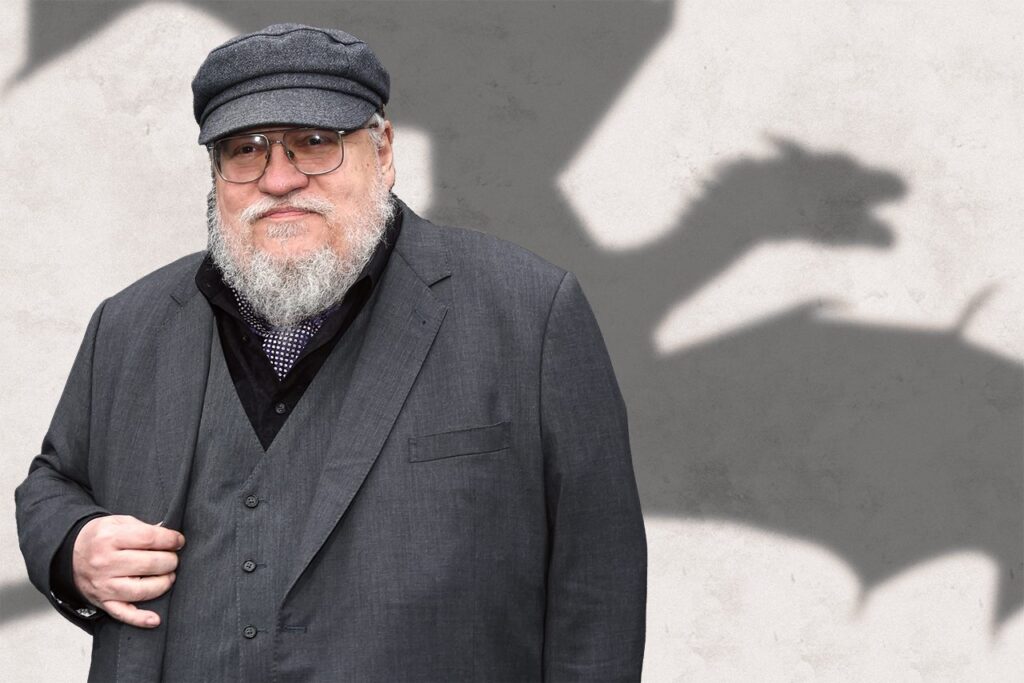
Also read: Anil Kapoor secures persona rights for his voice and photos
However, OpenAI’s models can cost-effectively generate text automatically without hiring authors. The models could therefore possibly produce content that paraphrases, replicates, or summaries the authors’ works.
The authors fear that this could hurt the market and the desire for the original works, which would lower the amount of money that authors make.
Overall, the authors contend that OpenAI’s language models pose a threat to the livelihoods of fiction writers, which depend on their capacity to generate income from their creative output.
Important Authors Participating
Authors of the fantasy series Game of Thrones and the legal thriller John Grisham are two of the most well-known people that have joined the lawsuit.
Bestsellers like David Baldacci, Joyce Carol Oates, and Jodi Picoult are among the claimants. These well-known fiction authors contend that ownership of their literary works is necessary for them to be able to support themselves.
Massive datasets are needed for artificial intelligence systems like ChatGPT to learn how to produce language that resembles that of a human.
Millions of online writings, including published books, news stories, and other text sources, are used to train the models. Although this large data strategy makes it possible for AI to have great language abilities, it also raises questions regarding copyrights.
The precise number of copyrighted works that were used in training without the authors’ express consent is unknown, according to OpenAI.
OpenAI’s Reaction
OpenAI responded to the case by saying that it has continuing, fruitful discussions with the creative community. They want to effectively collaborate and address issues.
The business supports “the rights of writers and authors, and believes they should benefit from AI technology,” an OpenAI spokeswoman said in a statement on Wednesday.
“We’ve been collaborating to understand and address the concerns about AI raised by a variety of creators from around the world, including the Authors Guild.
We are hopeful that we will continue to work together to develop mutually advantageous strategies for assisting people in utilizing new technology in a thriving content ecosystem.
The argument between AI and copyright is in the public eye thanks to this high-profile lawsuit. Legal restrictions on utilizing copyrighted data for training will need to be defined as AI systems continue to advance quickly.
The protection of authors’ rights and enabling useful AI innovation must be balanced carefully.





















































































